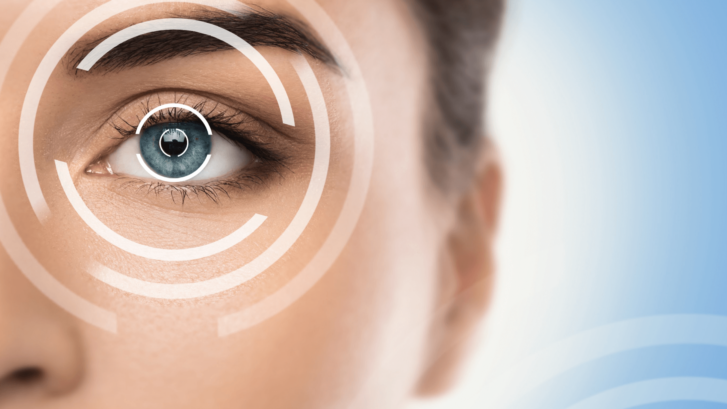Combat Sitting: How to Stay Active and Healthy
In today’s fast-paced world, many spend long hours sitting, whether at a desk, commuting, or relaxing at home. As your primary care doctors in Jupiter, Florida, we want to help you understand the health risks of prolonged sitting and how to counteract them with regular exercise.
Health Risks of Prolonged Sitting
Extended sitting can lead to several health issues, including:
- Heart Disease: Increased risk of heart disease and stroke.
- Obesity: A slower metabolism can lead to weight gain.
- Diabetes: Impaired blood sugar regulation increases diabetes risk.
- Back and Neck Pain: Poor posture and musculoskeletal issues.
Recommended Exercise to Offset Sitting
Balancing sedentary periods with physical activity is crucial. Here’s what you need to know:
- Moderate Exercise: Aim for 150-300 minutes of moderate-intensity weekly aerobic activity, such as brisk walking or cycling.
- Vigorous Exercise: Alternatively, 75-150 minutes of vigorous-intensity exercise like running can be effective.
- Strength Training: Include strength training exercises at least two days a week.
- Frequent Breaks: Take short breaks every 30 minutes to stand and stretch.
Practical Tips for Staying Active
Incorporating more physical activity into your daily routine doesn’t have to be difficult. Here are some tips:
- Set a Timer: Use an alarm to remind yourself to move every 30 minutes.
- Desk Exercises: Perform simple desk exercises like leg lifts and stretches.
- Walk and Talk: Take phone calls or virtual meetings while walking.
- Active Commutes: Walk or bike to work, or park further away to increase your steps.
- Join a Fitness Class: Look for local classes in Jupiter, such as yoga or Pilates.
Our Commitment to Your Health
Our primary care office in Jupiter, Florida, is dedicated to helping you maintain a healthy lifestyle. If you have concerns about your sitting habits or need personalized exercise advice, reach out to us. Together, we can create a plan that supports your long-term health.
Remember, small changes can make a big difference. By staying active and mindful of your sitting habits, you can improve your well-being and reduce health risks. Let’s take the first step towards a healthier, more active lifestyle today!










